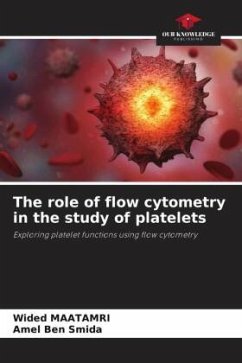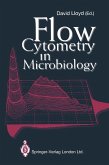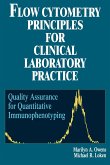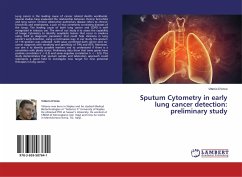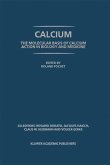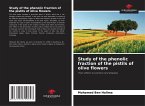Flow cytometry is a sensitive, ubiquitous technique in several fields, namely onco-hematology, immuno-hematology and hemostasis. The study of platelet function enables the detection of hereditary diseases linked to glycoprotein disorders, such as Glanzmann thrombasthenia and Bernard Soulier syndrome. The analysis is based on platelets passing in front of one or more lasers after labelling with various fluorochromes. Platelets undergo morphological changes during activation, as well as changes in the expression of certain glycoproteins, whether present on their surfaces in their native state or contained in their granules. This technique can also be used to monitor patients undergoing antiplatelet therapy, and to detect immunological diseases such as heparin-induced thrombocytopenia and immunological thrombocytopenic purpura. For the study of platelet alterations, flow cytometry is the technique of choice, offering excellent sensitivity and reproducibility, but it requires standardization of techniques and a high-performance manipulator.
Bitte wählen Sie Ihr Anliegen aus.
Rechnungen
Retourenschein anfordern
Bestellstatus
Storno

